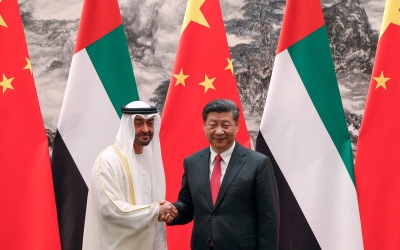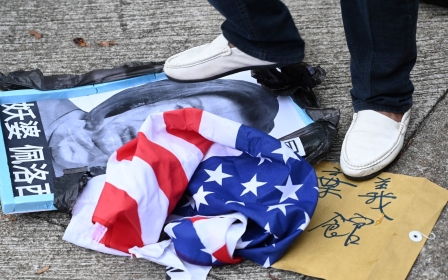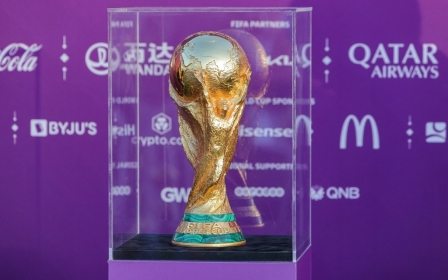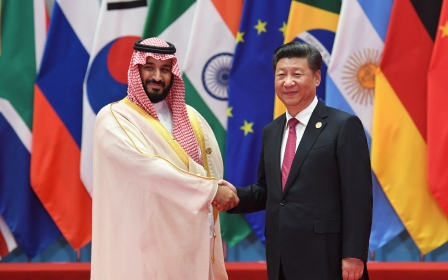UAE backs Beijing's 'one China policy' following Pelosi visit to Taiwan
The United Arab Emirates (UAE) has reiterated its support for Beijing’s "one China" policy and expressed concerns over “provocative visits” by US officials to the self-ruled island of Taiwan.
“The UAE affirmed its support for China's sovereignty and territorial integrity, as well as the importance of respecting the ‘one China' principle while calling for adherence to relevant United Nations resolutions,” said a statement issued by the UAE Ministry of Foreign Affairs on Thursday.
“The ministry urged prioritizing diplomatic dialogue in an effort to ensure regional and international stability,” said the statement.
The UAE’s proclamation came as China began its biggest military drills yet in the Taiwan Strait, one day after the US House of Representatives Speaker Nancy Pelosi made a historic trip to Taiwan.
Pelosi, who is the first US house speaker to visit the self-governed island since 1997, met with Taiwanese President Tsai Ing-wen and engaged with Taiwanese lawmakers.
"Our delegation’s visit to Taiwan honors America’s unwavering commitment to supporting Taiwan’s vibrant democracy...
"America’s solidarity with the 23 million people of Taiwan is more important today than ever, as the world faces a choice between autocracy and democracy," Pelosi tweeted.
The move angered Beijing, which sees Pelosi's trip as a “provocation” to its sovereignty.
In a show of power, a day after Pelosi's visit, China began its largest-ever military drills in the Taiwan Strait. The live-fire drills are scheduled to continue until noon on Sunday.
Beijing views Taiwan as a breakaway region that is part of China, while Taiwanese leaders claim that it is a sovereign state. China has issued the same “red-line” warnings that Russia issued on Ukraine.
The US and China have long agreed to maintain a certain amount of ambiguity on the status of the island, with the “one China policy” implicitly recognising China’s sovereignty over Taiwan.
The UAE has no diplomatic relations with Taiwan and like most of the world only recognises China's sovereignty.
The China impact
Beijing’s influence in the Persian Gulf has been growing for nearly a decade. The region is a central pillar of President Xi Jinping’s signature "belt and road" initiative and it supplies the Asian country with more than 40 percent of its imports, making China the Gulf’s biggest buyer of crude oil.
China is the Gulf Cooperation Council's (GCC) top trading partner, with bilateral economic activity between the bloc and the world’s second-largest economy standing at $180 bn in 2020.
The two sides first tabled a free trade deal in 2004, but the talks have been stalled for years.
In January Beijing and the Gulf states said they were committed to reviving long-dormant talks aimed at reaching a free trade agreement, as they look to strengthen ties and deepen economic cooperation in the face of strained relations with the West.
Gulf economic heavyweights like the UAE and Saudi Arabia rank in the top three countries globally for Chinese construction projects, while Beijing has also invested in smaller states like Oman, where it is building an industrial zone in the Arabian Sea port of Duqm.
China often puts pressure on countries and companies to refer to Taiwan as "Taiwan, Province of China" or "Taiwan, China" to support its sovereignty claims.
In June, Taiwan denounced Qatar for saying Taiwanese fans attending the 2022 World Cup in Doha may be listed as Chinese, in apparent recognition of Beijing's claims of sovereignty over its neighbour.
Following backlash from the Taiwanese government, Qatar subsequently removed a reference to Taiwan as a province of China in its application and simply referred to the island as “Taiwan”.
Middle East Eye delivers independent and unrivalled coverage and analysis of the Middle East, North Africa and beyond. To learn more about republishing this content and the associated fees, please fill out this form. More about MEE can be found here.





